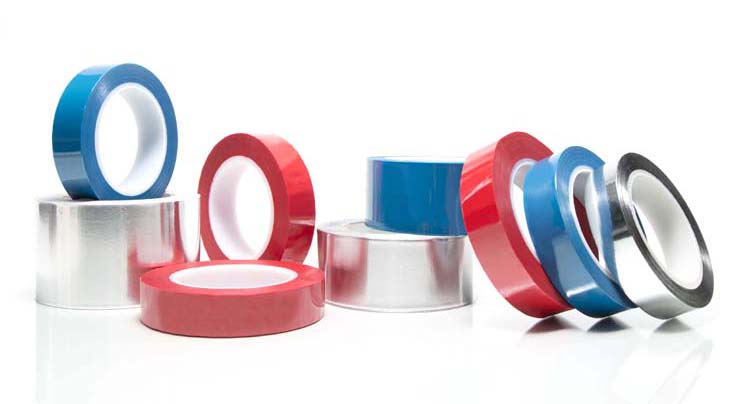3 Questions Manufacturers and Engineers Ask About Electrical Tape

Crack open laptops, smartphones, lawn mowers, televisions, washing machines or any other kinds of consumer technology, and you’re likely to find at least a little tape inside.
Don’t act so surprised. Electronic tapes – like Ideal Tape’s – are popular, low-cost joining methods used in a variety of electronics, as well as machinery found around the home and business. To the average person, there might not be much setting these tapes apart from each other, but for the technicians assembling these goods in facilities around the world, the differences really matter.
In an industrial setting, tapes must deliver on a number of vital specifications if they’re to be used alongside circuit boards and engines. What are a few questions manufacturers and engineers may ask to determine whether the tapes they’re considering pass the test?
Can this tape withstand internal heat if adhered permanently?
By design, almost all electronic or motorized devices heat up while in use. That means any tape affixed to components within the chassis of a given product must be able to handle high temperatures over an extended period of time. Failure to do so could feasibly compromise the functionality of the product, as well as consumer perception of the manufacturer’s standards of quality.
Depending on the amount of heat generated by the motor or other components, not to mention the strength of any ancillary cooling system, a manufacturer’s final decision on tape may vary. Abitape offers a wide variety of tape products conducive to many different operating temperatures. Talk to one of our specialists today to find out which tape matches your unique needs.
Can this tape mask other components from heat during manufacturing?
Rather than going into a manufactured product, manufacturers may require tapes as part of the manufacturing process.
“Adhesive performance impacts the manufacturing process.”
When treating outdoor patio furniture with a weatherproofing agent, for instance, technicians may need to seal off sections of the unfinished product where the coating isn’t needed. Not only must tape adhere tightly for this process, but it must also withstand subjection to intense heat necessary to set the weatherproofing chemicals, as well as remove easily afterward without residue.
Does a certain model of tape come in a variety of tack strengths?
In a broader sense, general adhesive performance impacts the manufacturing process, the integrity of individual products and packaging solutions as well. While tape may be a ubiquitous joining material throughout production, businesses can’t always utilize specialty tapes for multiple uses.
A tape with extremely powerful tack would prevent wiring from coming loose on a circuit board, but the same tape couldn’t be used to seal retail packaging shut, lest companies want to anger their consumer base with impenetrable goods. To that end, beyond tape itself, manufacturers ought to work with a knowledgeable tape supplier with a multitude of products capable of meeting their specific needs.


